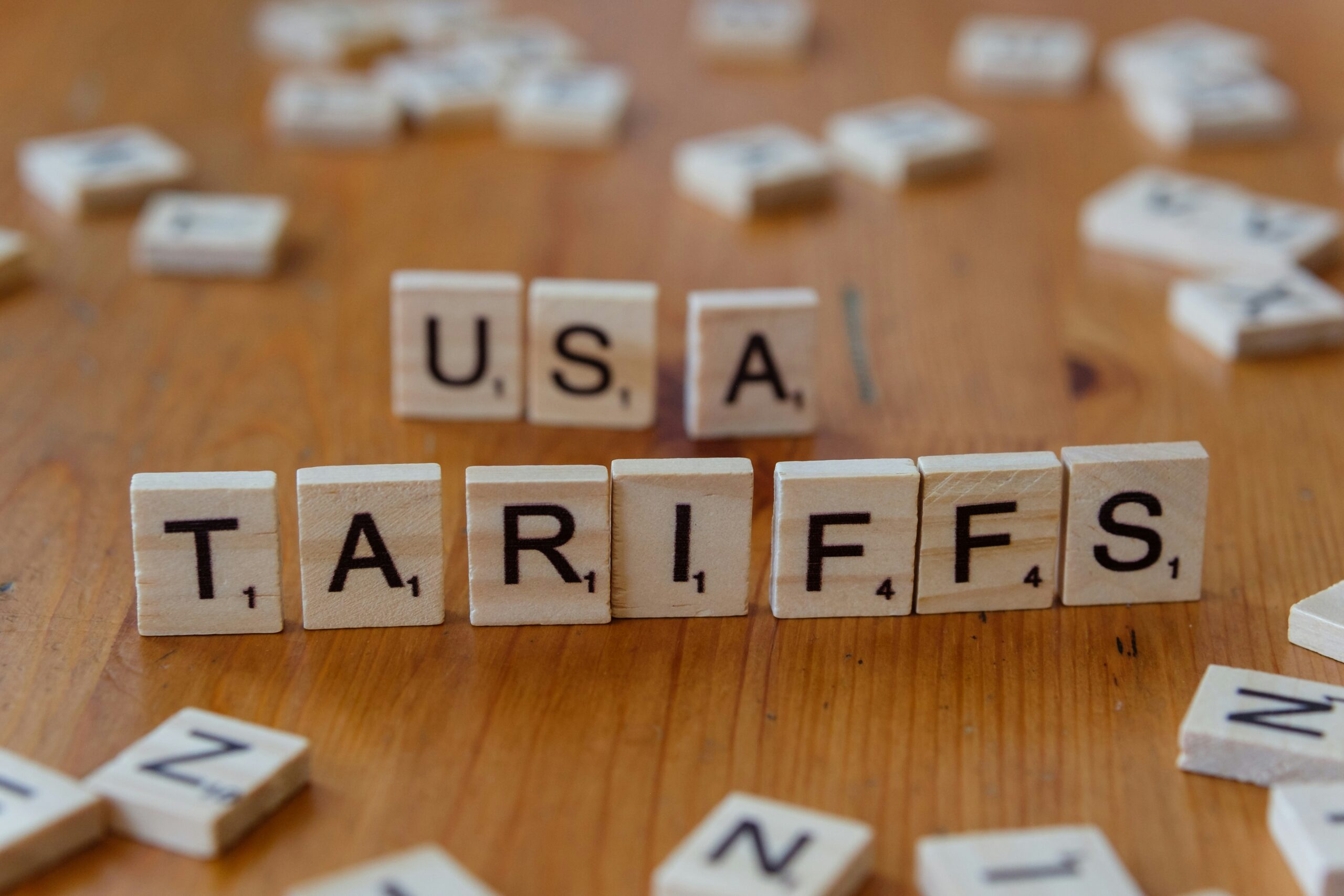Seminar in International Economics: Bargaining for Trade: When Exporting Becomes Detrimental to Female Wages

The Competence Centre for International Economics Research (FIW) kindly invites to participate in the Seminar in International Economics on the topic
Bargaining for Trade: When Exporting Becomes Detrimental to Female Wages
Patrik Tingvall (National Board of Trade Sweden) and Josefin Videnord (Uppsala University)
Abstract:
In this paper, we study exports and how the associated need for communication with foreign partners shapes the gender wage gap. Specifically, we examine how the demand for interpersonal skills in trade and gender-specific differences in negotiations are related to the remuneration of men and women. Our key finding is that export of goods that are intensive in interpersonal contacts widens the gender wage gap. The negative wage effect is robust across various specifications and is most pronounced for domestic exporting firms, which mainly deal with external contractors. We ascribe this result to a male comparative advantage in bargaining—a skill that is especially needed and rewarded when serving foreign markets, where intense contracting problems manifest themselves.
The presentation if available, will be posted after the event.
Patrik Tingvall is a professor of economics and chief economist at the National Board of Trade Sweden. Tingvall also serves as an affiliated researcher at the European Institute of Japanese Studies at the Stockholm School of Economics. Tingvall’s research is focused on international trade, foreign direct investment, and economic growth, in which he has numerous publications. In recent years, questions related to non-tariff barriers, subsidies, rules of origin, the internationalization of firms, and the gender pay gap have become increasing areas of his research. During the period 2017-2023, Tingvall has been in charge of a research project exploring various links between the globalization of firms and the gender pay gap. A novel feature of this research includes how the need for buyer-seller interactions for trade to occur and gender differences in negotiations may play a part in the gender pay gap puzzle.
Josefin Videnord is a Ph.D. Candidate at the Department of Economics, Uppsala University. She also works as an analyst at the Swedish Agency for Growth Policy Analysis, Growth Analysis, in Stockholm. Josefin Videnord answers questions at the intersection of international trade and labor economics to highlight the differential effects of globalization on different groups of firms and workers. Her research interests also include the impact of international trade on firm behavior, and in particular on firms’ R&D and innovation decisions.
The seminar series is organised by the Vienna Institute for International Economic Studies (wiiw) in co-operation with FIW and the European University Institute. The seminar provides a forum for presentation and discussion of recent academic research in the field of international economics.


